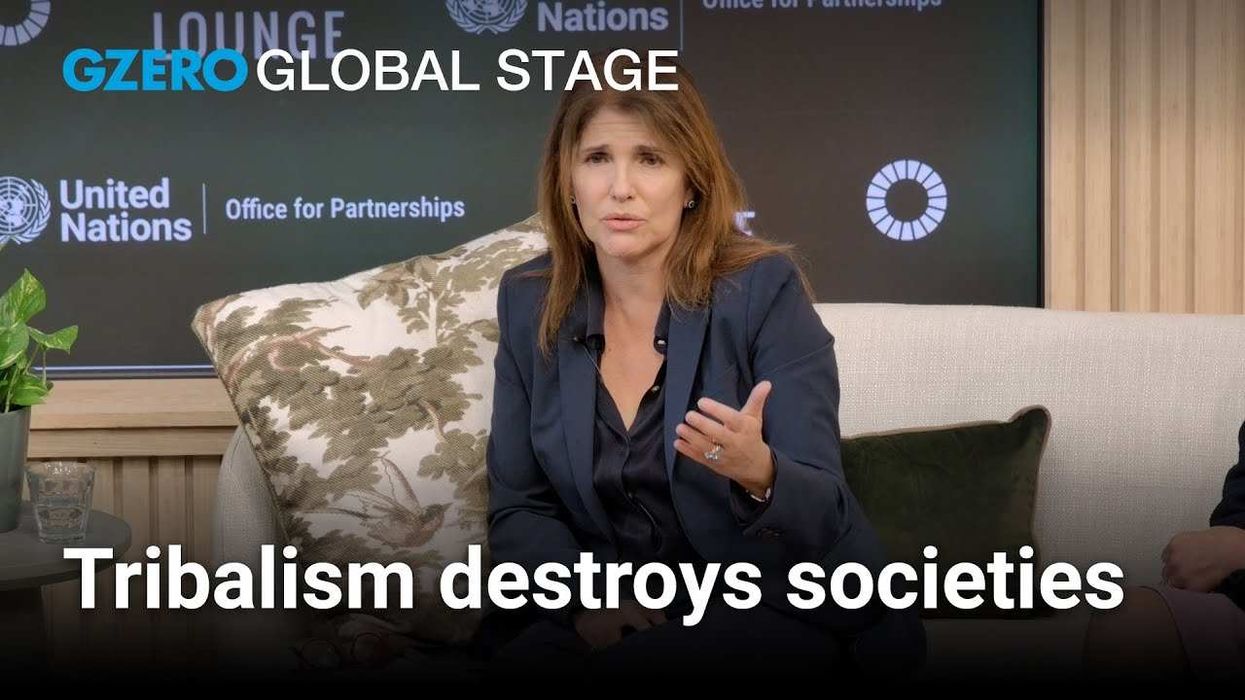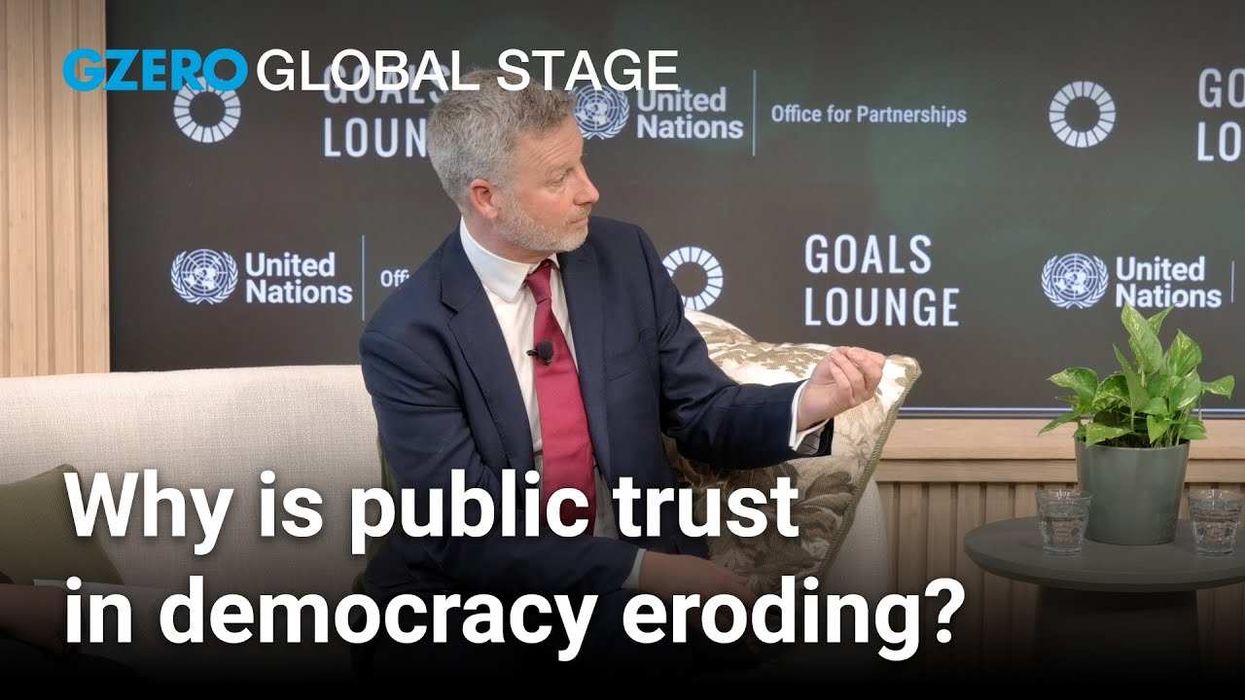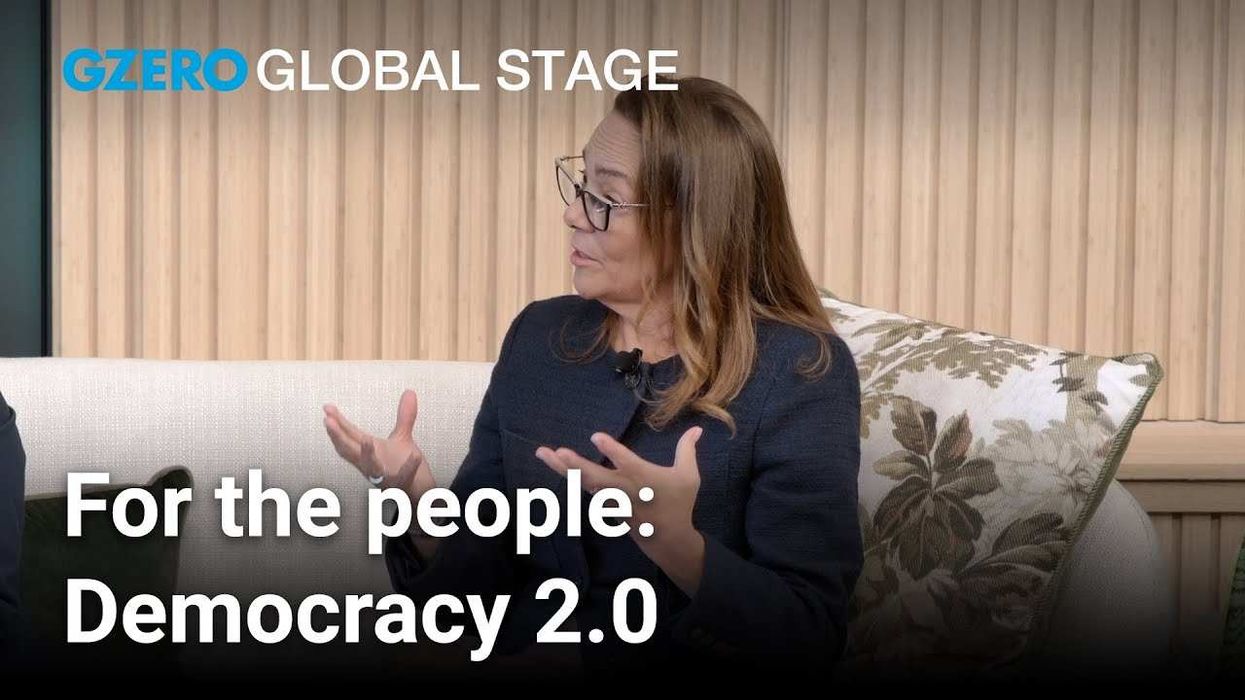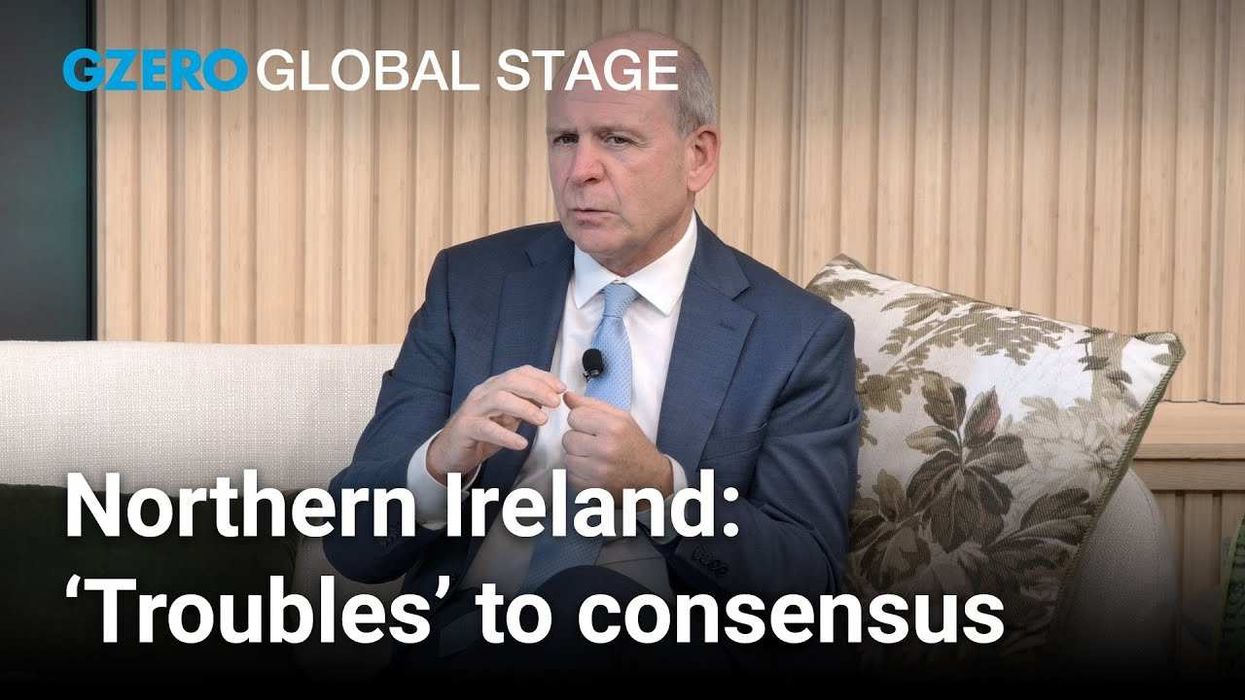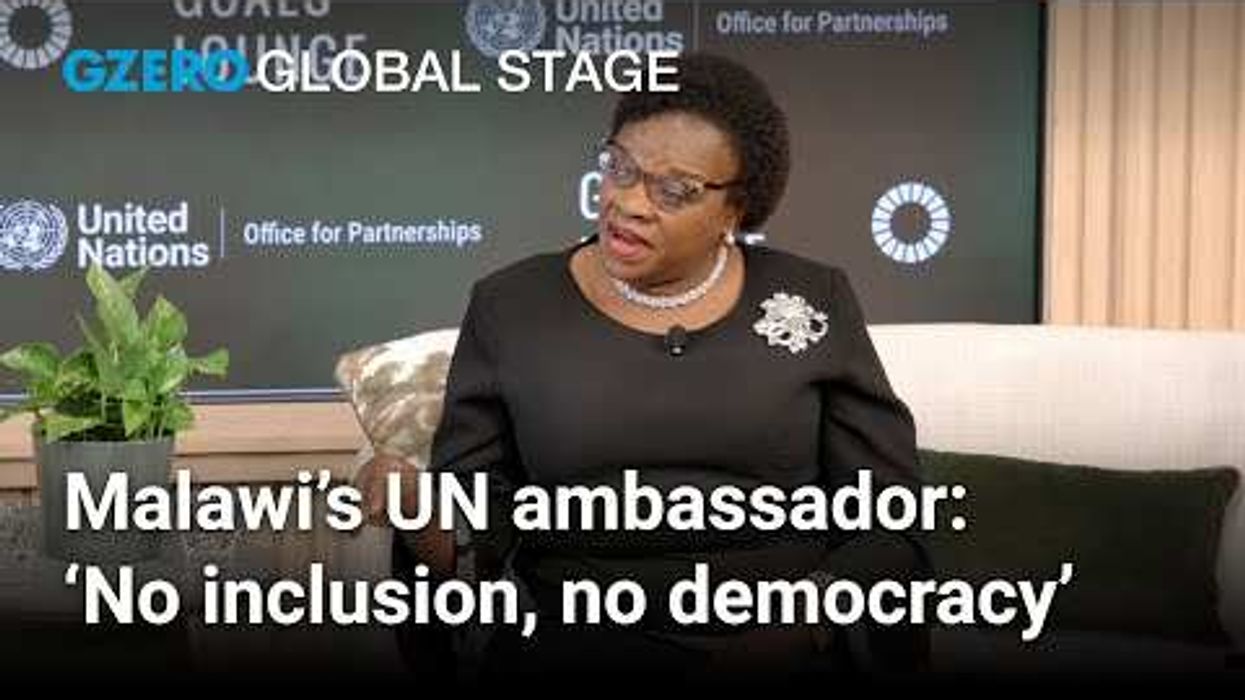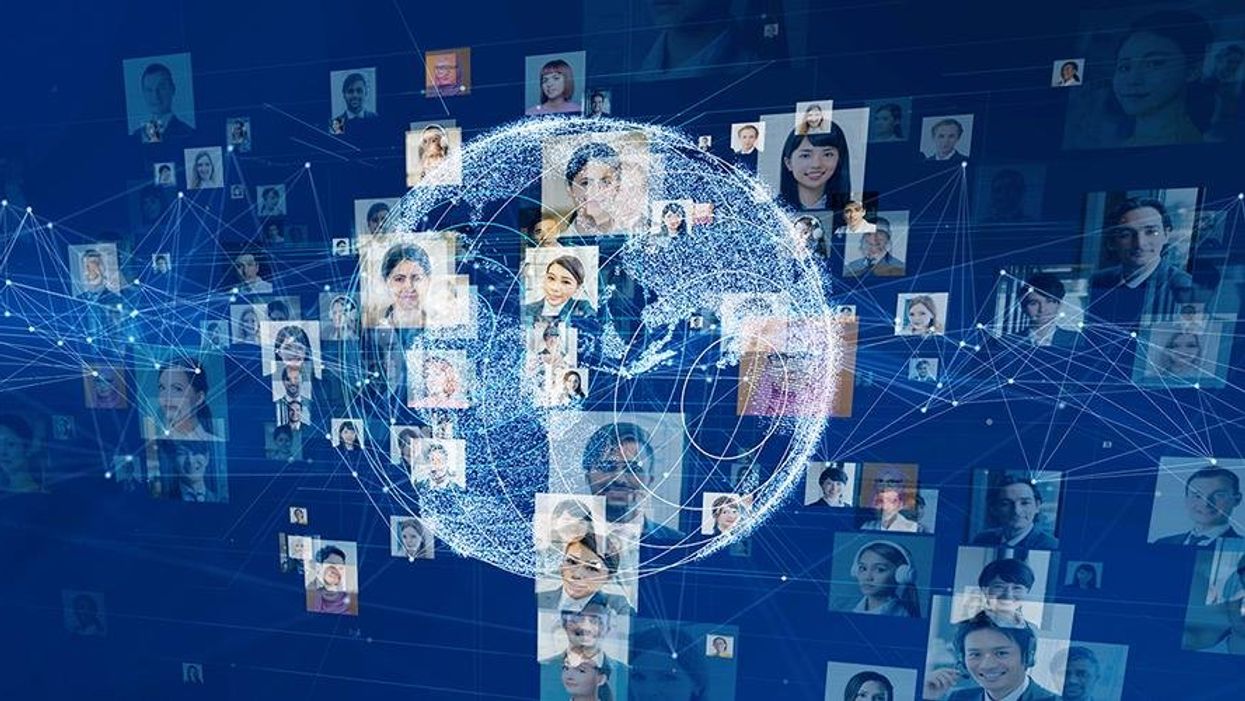UN General Assembly
Putting institutions above individuals: Ending impunity to save trust in democracy
Ambassador Paula Narváez Ojeda warns that when powerful actors break norms without consequences, young people lose faith, further pushing societies toward tribalism and away from respectful debate, amplified by toxic social media dynamics. The fix: put institutions above individuals and make accountability real.
Oct 02, 2025
